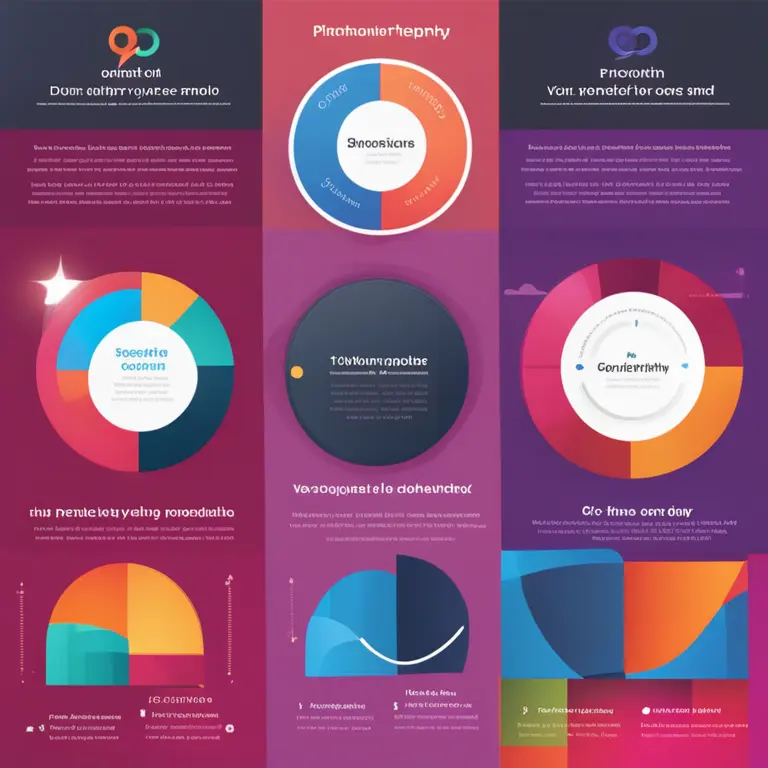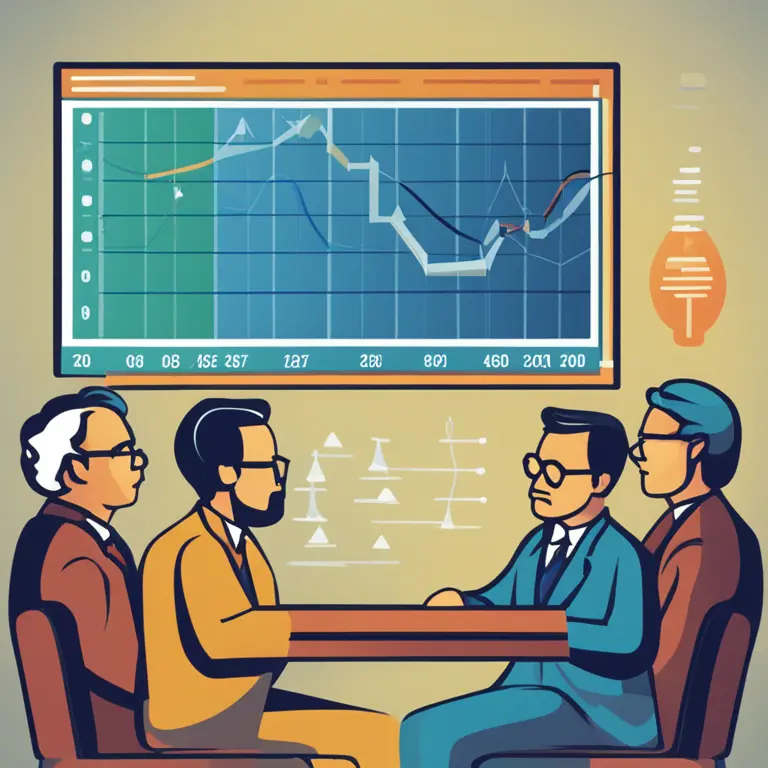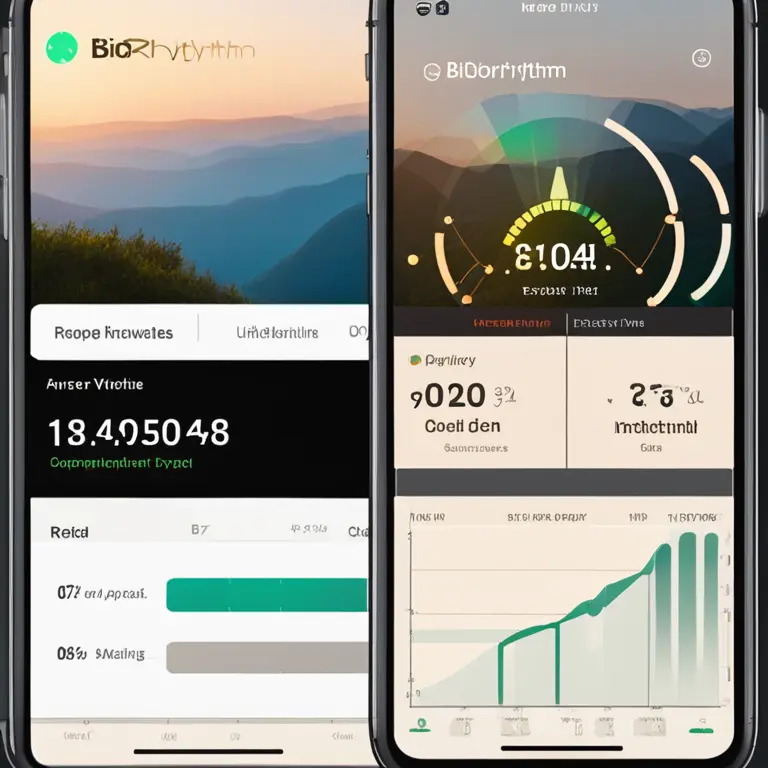
The Basics of Biorhythm Theory Unlocked
Discover what biorhythms are and how this theory might influence personal well-being and performance.
article by Adrian Wallace
Introduction to Biorhythms
Biorhythm theory posits that our daily lives are significantly affected by rhythmic biological cycles. It's believed that understanding these cycles can aid in predicting fluctuations in a person's abilities and emotions. This theory has intrigued humans for centuries, but it gained traction in the 20th century. Modern approaches integrate technology to analyze personal biorhythms, creating personalized charts and predictions that many find useful for planning their activities and understanding their personal patterns.

The Three Primary Cycles
Central to biorhythm theory are three primary cycles: Physical, Emotional, and Intellectual. Each of these cycles starts from birth and oscillates in a sine wave pattern throughout life. The Physical cycle, with a span of 23 days, influences strength, coordination, and overall well-being. The Emotional cycle, lasting 28 days, affects mood, creativity, and sensitivity. Lastly, the Intellectual cycle, completing its rotation every 33 days, impacts analytical thinking, decision-making, and communication. These cycles are thought to interplay, affecting personal performance and mood.

Integration in Modern Technologies
With advancements in data analytics and mobile technologies, accessing biorhythm information has never been easier. In 2024, apps and websites integrating biorhythm theory provide individuals with potent tools to track and analyze their cycles. This personalized data ostensibly helps users to make informed decisions in various aspects of their lives, from choosing the best dates for important events to understanding potential mood swings or intellectual peaks.

Criticism and Acceptance
Despite its popularity, biorhythm theory is met with skepticism by the scientific community, pointing to a lack of empirical evidence supporting its claims. Critics argue that the concept falls under the pseudoscience category, emphasizing that human life is far too complex to be predicted by mathematical cycles alone. Conversely, proponents defend the theory, citing anecdotal evidence where individuals claim to have observed correlations between their biorhythms and daily experiences.

Implementing Biorhythms in Life
For those who subscribe to the notion of biorhythms, incorporating cycle tracking into daily routines could foster greater self-awareness. It's suggested that by anticipating the days when one's physical, emotional, or intellectual biorhythm is high or low, one could better navigate potential challenges or capitalize on peak days. Whether it's scheduling sports competitions or important meetings, enthusiasts argue that such foresight can provide an edge.
The Future of Biorhythm Studies
As we advance, the field may witness further exploration through a fusion of biorhythm theory with other holistic approaches like astrology or numerology. Whether or not biorhythms will ever gain empirical substantiation remains to be seen. Still, with an ever-growing interest in wellness and self-optimization, the allure of personal rhythmic patterns will likely continue to captivate those searching for additional keys to personal understanding and potential.
Published: 1/25/2024
Modified: 1/25/2024
More predictions
Come back here soon to learn more about yourself and your future


The Basis of Biorhythms: An Insight into Biological Cycles
Delve into the concept of biorhythms, the belief in rhythmic biological processes that purportedly influence human physiology and behavior.


Biorhythm Love Compatibility: Find Your Match
Discover how a biorhythm love compatibility calculator can enhance your romantic connections by analyzing the natural cycles that influence relationships.


The Intersection of Biorhythms & Astrology Explored
Discover the link between biorhythms and astrology to gain insights into your life's patterns and potential.